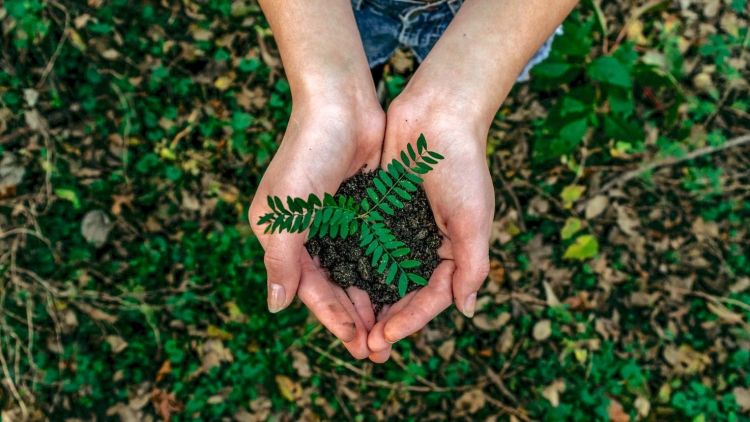The importance of sustainability has long been known in the scientific community, however, not enough concern has been placed on the topic until recent years. The side effects associated with climate change including the rapid rise of extreme weather, droughts, forest fires, flood, and sea levels has heightened many people's interest in sustainability. This movement has begun to build a larger presence in many landscapes around the world, often corporate or post-secondary. That being said, these changes are usually not significant enough and are occurring at a pace that is too slow to remediate past damages and prevent future ones. This begs the question; what can be done to be more sustainable and spread the word of sustainability quickly?
Before this can be answered, a more in-depth understanding of sustainability must be built. The first thought that comes to many people’s minds, when they think about sustainability, is the environment. Although this thought is true, sustainability is so much more than just environmental consciousness. True sustainability entails environmental, economic, social and political sustainability.
That being said, economic, social, and political sustainability is dependent on environmental sustainability, as none of the other aspects could exist without the environment. Considering environmental sustainability is so crucial in the betterment of all other aspects of sustainability, it makes sense that extra emphasis is placed on it. A common definition that is given to sustainability and sustainable development states that “Sustainable development is development that meets the needs of the present, without compromising the ability of future generations to meet their needs” (World Commission on Environment and Development, 1987). This definition encompasses the basis of sustainability and can be altered depending on the specific section of sustainability that is being focused on. One of the best ways to change the values of the masses and make sustainability a more integral part of your community culture is through education.
Educators play such an essential role in raising the next generation and building a strong and prosperous future. The values that learners take in throughout their years in education are ones that they carry for the rest of their lives. This is why teaching about sustainability, climate change, green energy, and the green economy is such an important part of the education system and will help encourage future advancements. Although this responsibility may seem like a heavy burden to carry, it is important to remember that there are a multitude of resources available that can help make the process much easier. GreenLearning alone has a plethora of lesson plans, challenges and programs that can be used within K-12 classrooms. Some programs that may be of particular interest, especially in the sustainability realm, include;
Eco 360: Transitioning to a Circular Economy (Gr. 3-12) - This program explores a circular economy for plastics to address the current crisis of plastic waste in the environment. By reimagining an economy free of plastic waste, learners must explore innovative solutions for reducing, reusing, and recycling plastic waste.
Energy Revealed (Gr. 3-12) - This program teaches learners about energy management, encouraging sustainability through increasing energy efficiency.
Climate Policy Quest (Gr. 9-12) - This program explores how policy is used to build a low carbon future. Decoding Carbon empowers youth to become informed and active citizens for tackling climate change.
Flood:ED (Gr. 3-12)- This program helps learners understand the impact of flooding and invites them to explore ways they can prepare against flooding at home and school. This program will help learners understand why sustainability is important and how it can help slow the prevalence of extreme weather events and prepare for them.
Re-Energy (Gr. 3-12)- This science-based program will teach learners how to build wind turbines, solar ovens, hydroelectric generators, biogas generators, electric vehicles and energy storage technology models. The more technical approach of this program can inspire youth to innovate more energy-efficient or sustainable practices in the electrical generation field in the future.
The sustainability movement is not solely about teaching people, it is essential for institutions to practice what they preach. This is why GreenLearning has created a sustainability guide for educators to help provide instructions on the steps that can be taken to create a greener future at your school. This guide is perfect for classroom teachers of all grades, trying to make a change within their school, and make sustainability a more integral part of their school’s culture and values.
The sustainability guide helps simplify the process of sustainability integration into schools and provides information regarding school sustainability plans, getting stakeholders involved and some of the best practices in sustainability. GreenLearning hopes to make sustainability education and practices as accessible as possible with the hopes that the values will grow and spread all across the world.


